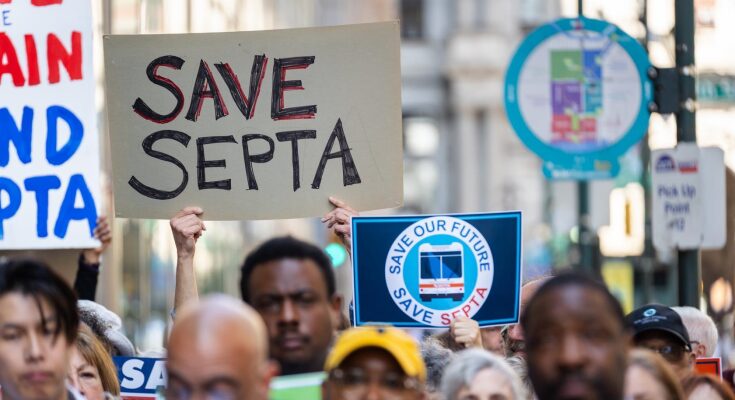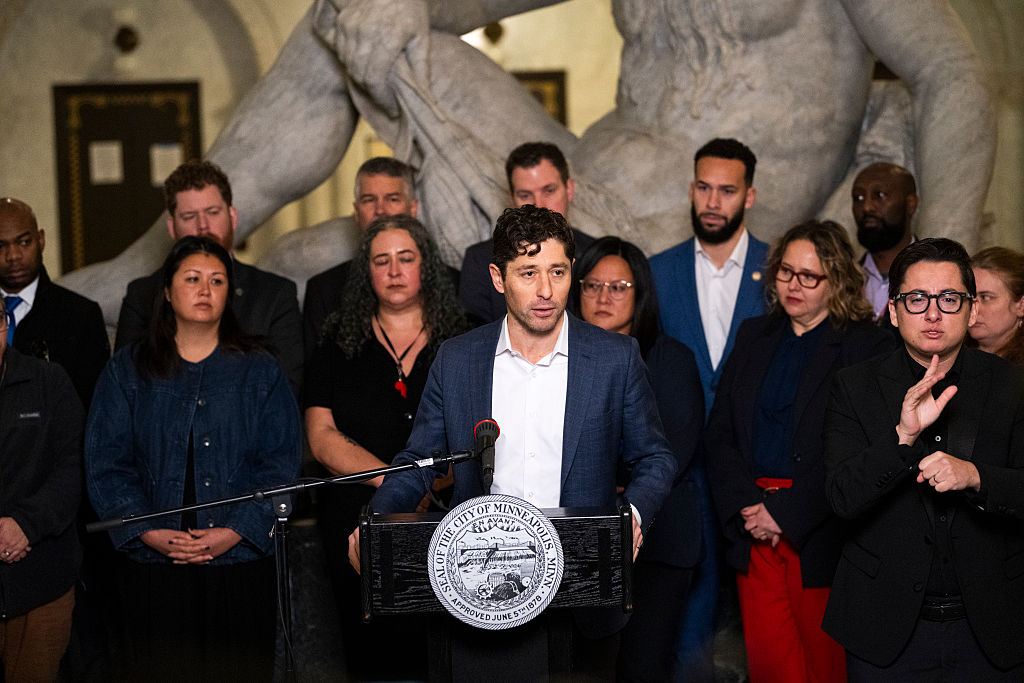Members of the **Philadelphia House Delegation** have publicly criticized U.S. Transportation Secretary **Sean Duffy** for his delayed response to the ongoing funding crisis facing the **Southeastern Pennsylvania Transportation Authority (SEPTA)**. In a statement released on March 15, 2024, the delegation asserted that Duffy’s recent remarks came “three months too late” and did not adequately address the fundamental causes of the financial difficulties plaguing SEPTA.
The delegation pointed to the inaction at the state level, particularly within the **Pennsylvania Senate**, as a contributing factor to the crisis. They claimed that legislative roadblocks have hindered progress on proposals aimed at securing long-term funding for transit systems. Several measures that passed in the House would have supported SEPTA and other state transit agencies without imposing tax increases.
Impact of Funding Shortfalls on Transit Services
The ongoing debate highlights a critical issue regarding the financial stability of one of the nation’s most essential transit systems. SEPTA serves nearly **four million residents** in the Philadelphia region, facilitating transport for workers, students, and families throughout **Southeastern Pennsylvania**. A persistent funding gap could lead to significant consequences, including service reductions, fare increases, and safety challenges. These issues would not only affect commuters but could also ripple through the region’s economy and daily life.
For many Pennsylvanians, the reliability of public transit is vital, especially in communities that rely heavily on these services for economic access and workforce mobility. As lawmakers grapple with potential solutions, it is clear that resolving SEPTA’s financial challenges will require a collaborative approach involving federal, state, and local partners. Such coordination is essential to ensure the affordability and safety of transit services while also adapting to changing ridership patterns post-pandemic.
Balancing Fiscal Responsibility with Infrastructure Needs
The ongoing discussions present a fundamental question for residents of Pennsylvania: how to balance fiscal responsibility with the necessity of maintaining essential infrastructure that supports the state’s largest metropolitan area. As SEPTA faces mounting financial pressures, the urgency for a comprehensive funding strategy becomes increasingly clear.
As the situation develops, it remains crucial for all stakeholders to work together, ensuring that SEPTA can continue to serve the public effectively. The implications of inaction extend beyond just transportation; they touch every aspect of life in the Philadelphia region, influencing the economic landscape and the day-to-day experiences of its residents.







